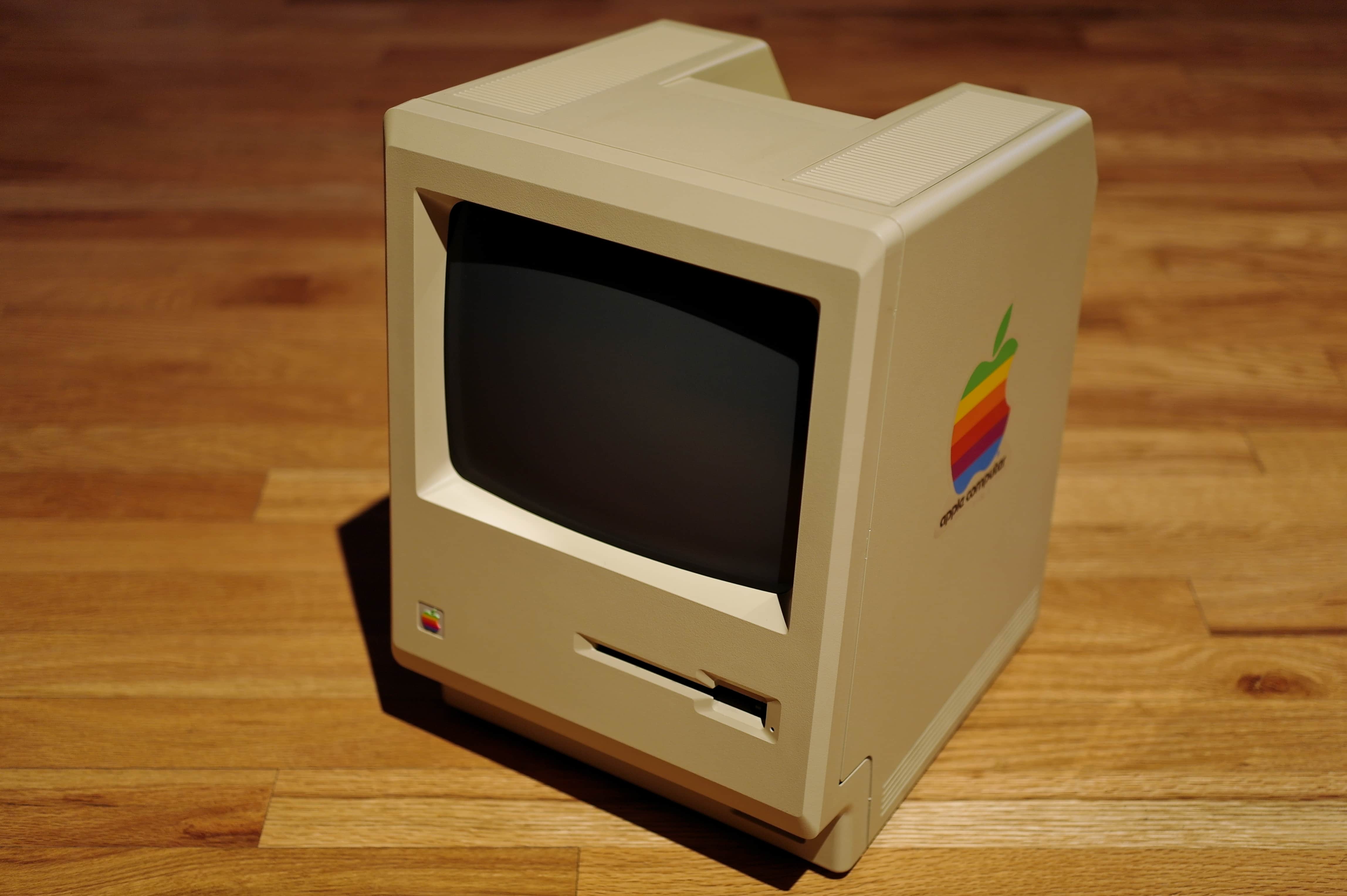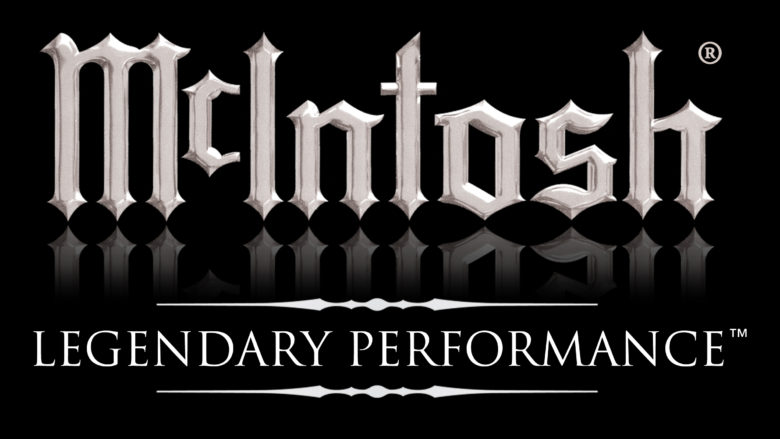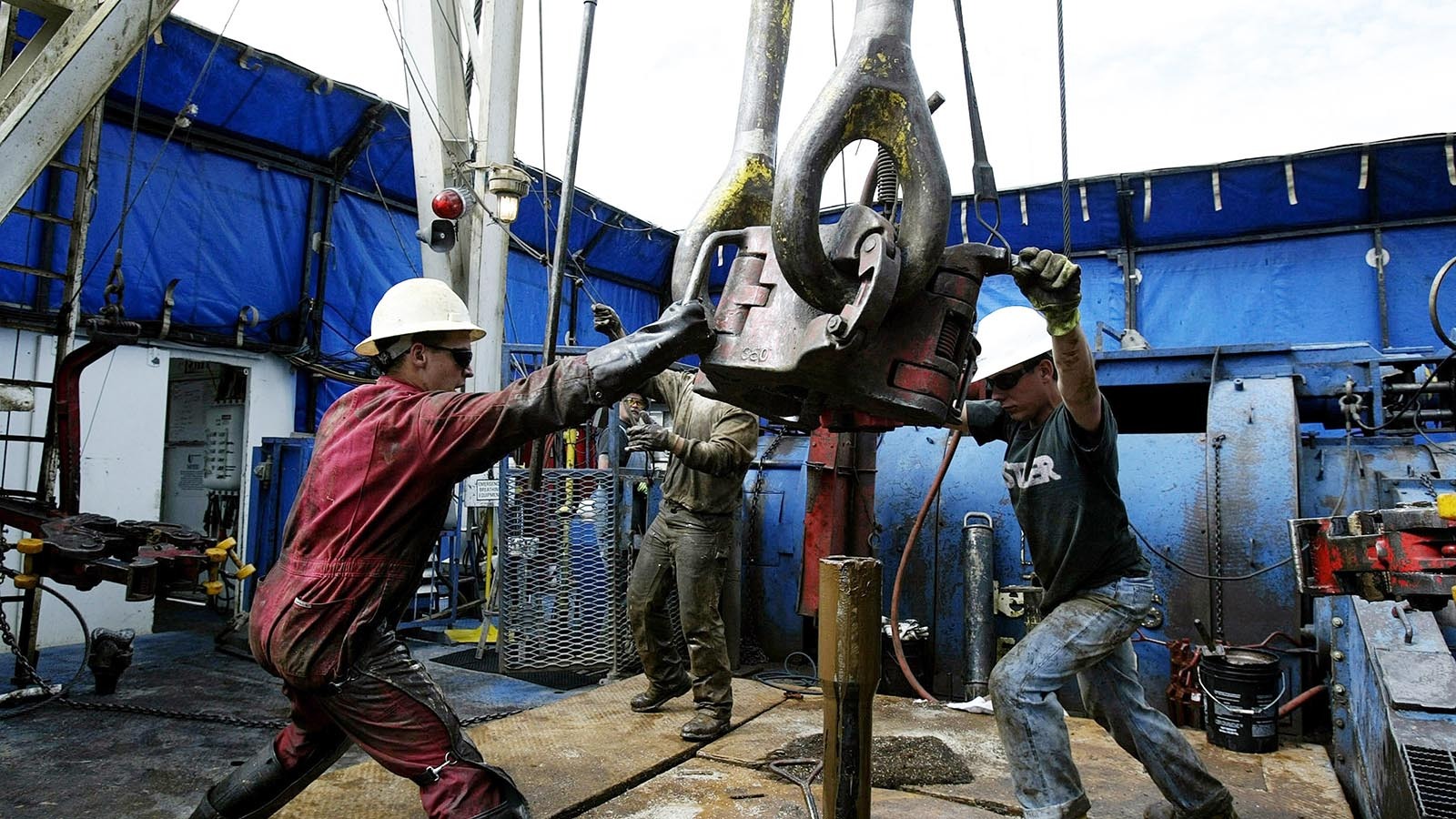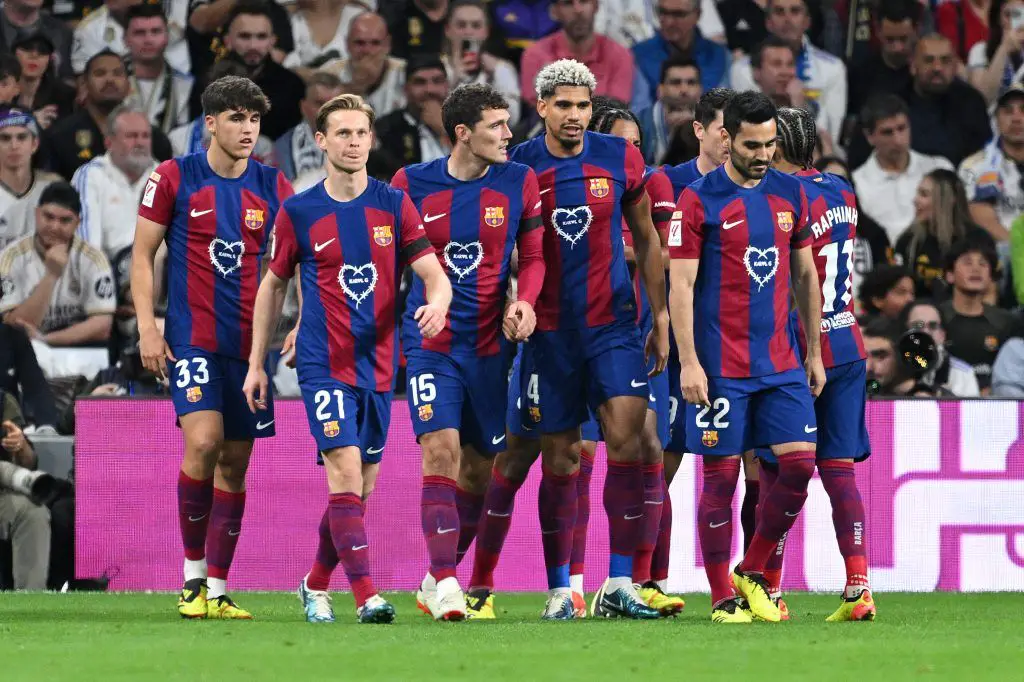Today in Apple history: Steve Jobs secures Macintosh name

November 16, 1982: Intent on giving Apple’s upcoming personal computer a memorable name Steve Jobs pens an impassioned plea to audio company McIntosh Laboratory. In the letter, he asks permission to use the name “Macintosh.”
You can probably guess how the resulting discussions turned out!
The McIntosh computer?
Before the iPhone, the Macintosh was Apple’s most iconic product name. The only problem? Back in the early 1980s, Apple didn’t actually own the name: It belonged to high-end audio equipment maker McIntosh Laboratory.
Originally, Apple planned to spell the Macintosh as McIntosh, since the name was a reference to project creator Jef Raskin‘s favorite apple cultivar. Raskin named the project after a fruit because he thought giving computers female names was sexist. However, knowledge of the possible trademark conflict with McIntosh caused him to change the spelling to “Macintosh.”
Raskin’s vision for the Mac differed greatly from Jobs’ desires. Right from the start, Raskin wanted to build a computer that was affordable for everyone. Jobs wanted a computer that would be the best in its category, regardless of price.
The two opposing goals had been on a collision course since September 1979. But the one thing Jobs and Raskin could agree on — the name — looked like something neither man was capable of getting.
Procuring the Macintosh name wasn’t a case of Apple just throwing some money at a smaller company to buy its intellectual property. At the time, Apple was far less well-known than it is today. And McIntosh Labs was a known entity to many customers.
Apple pays dearly to use ‘Macintosh’ name

Photo: McIntosh
McIntosh Laboratory produced handcrafted audio gear from its office in New York. The company was best known for its hi-fi systems’ black glass front panels; a high-power, low-distortion amplifier; and an iconic logo.
In his letter, Jobs — a noted audiophile — wrote to McIntosh President Gordon Gow, saying: “We have become very attached to the name Macintosh. Much like one’s own child, our product has developed a very definite personality.”
Had Gow not gone for Jobs’ respectful overture, a backup plan by Apple may have seen the computer renamed the “MAC,” standing for “Mouse-Activated Computer.” (Some people joked it actually stood for “Meaningless Acronym Computer.”)
Steve Jobs strikes a deal with McIntosh Laboratory
Fortunately, Gow proved willing to talk. McIntosh eventually granted Apple the right to use the name “Macintosh” after a cash settlement. The price reportedly fell between $100,000 and “significantly higher.”
Apple eventually released the Macintosh computer in 1984. The branding continues today, albeit in the shortened “Mac” form for iMac, MacBook, macOS and other products.
Related
Wyoming Has Lost 10,000 Mining, Oil And Gas Jobs Over…
Wyoming has lost a stunning 10,000 jobs in the natural resources and mining sector over the past decade, University of Wyoming economist Anne Alexander told the
More Large Rochester Gains and More Large Twin Cities Job…
Rochester, MN (KROC-AM News) - The Rochester area continues to add jobs at a rate far higher than other parts of Minnesota.The latest jobs data published by the
New Jerseyans wouldn’t double their pay for these dangerous jobs
There are plenty of reasons that people are unhappy at their jobs: Poor salary, dissatisfaction with management, annoying coworkers, and the list goes on.But ha
‘Going into debt, won’t get jobs’: US woman says Indian…
A Reddit user, a 26-year-old American woman, recently shared her thoughts on the increasing number of Indian students enrolling in Master's programmes at US u










